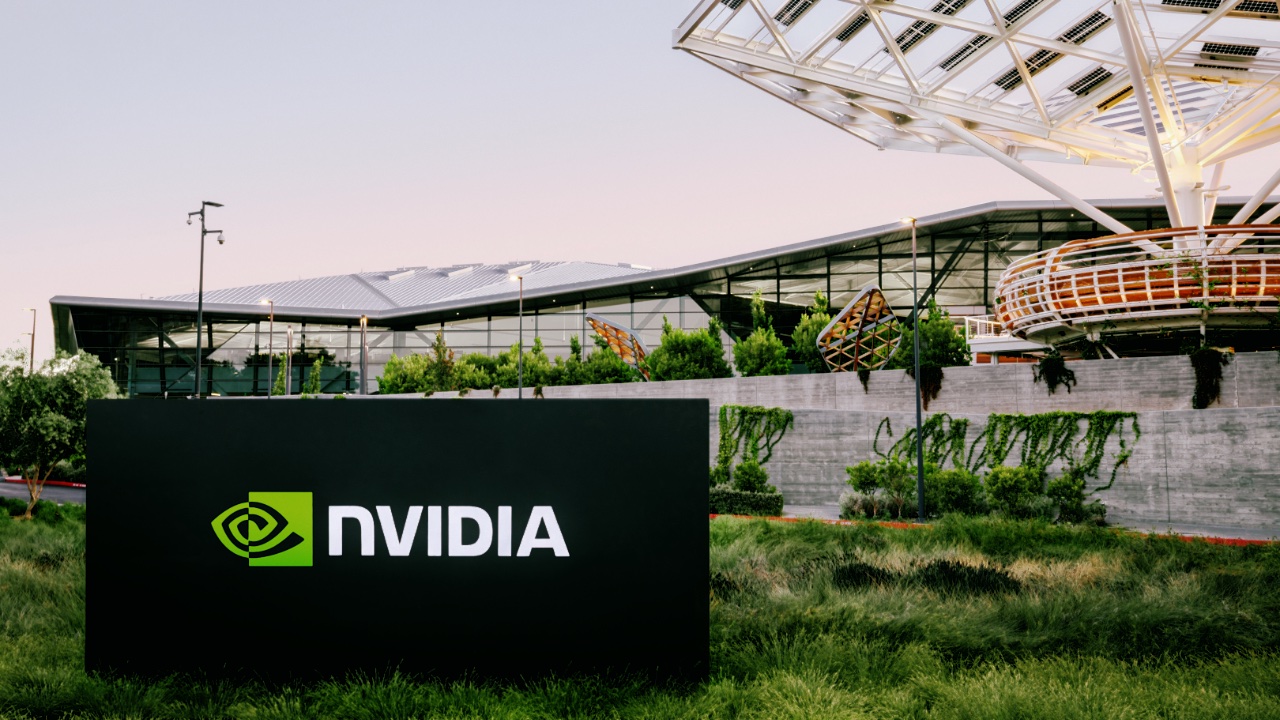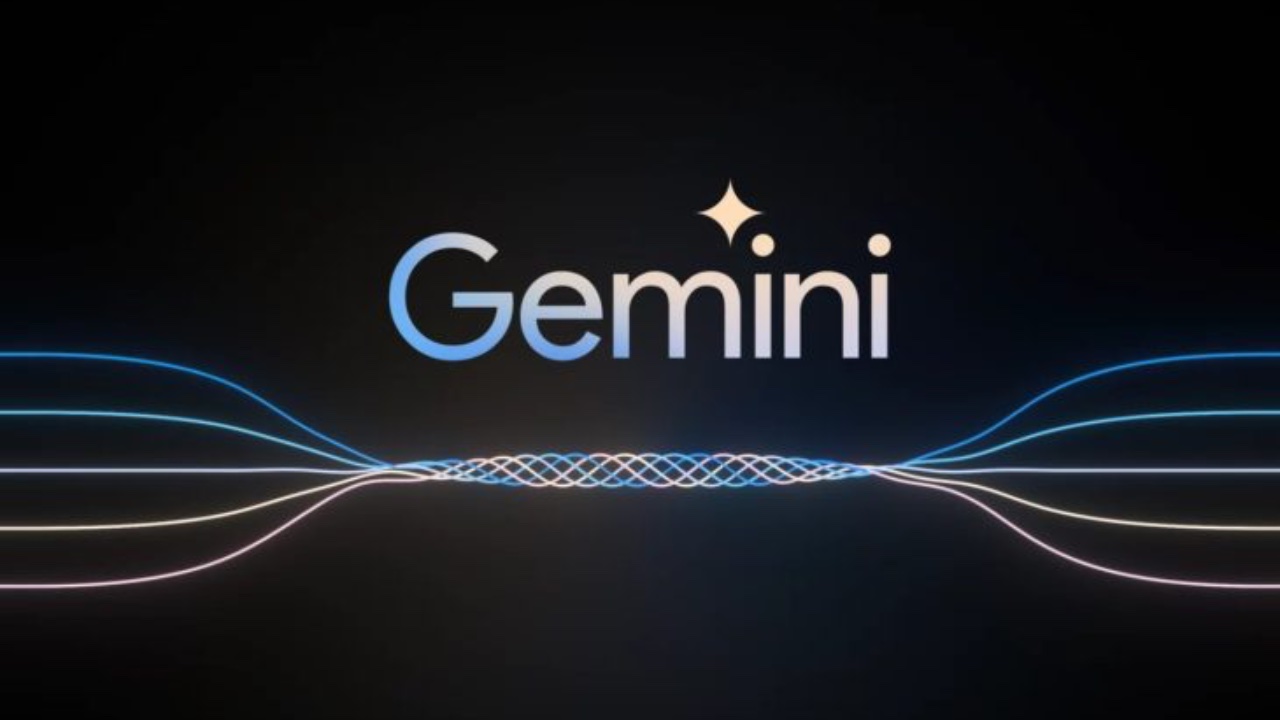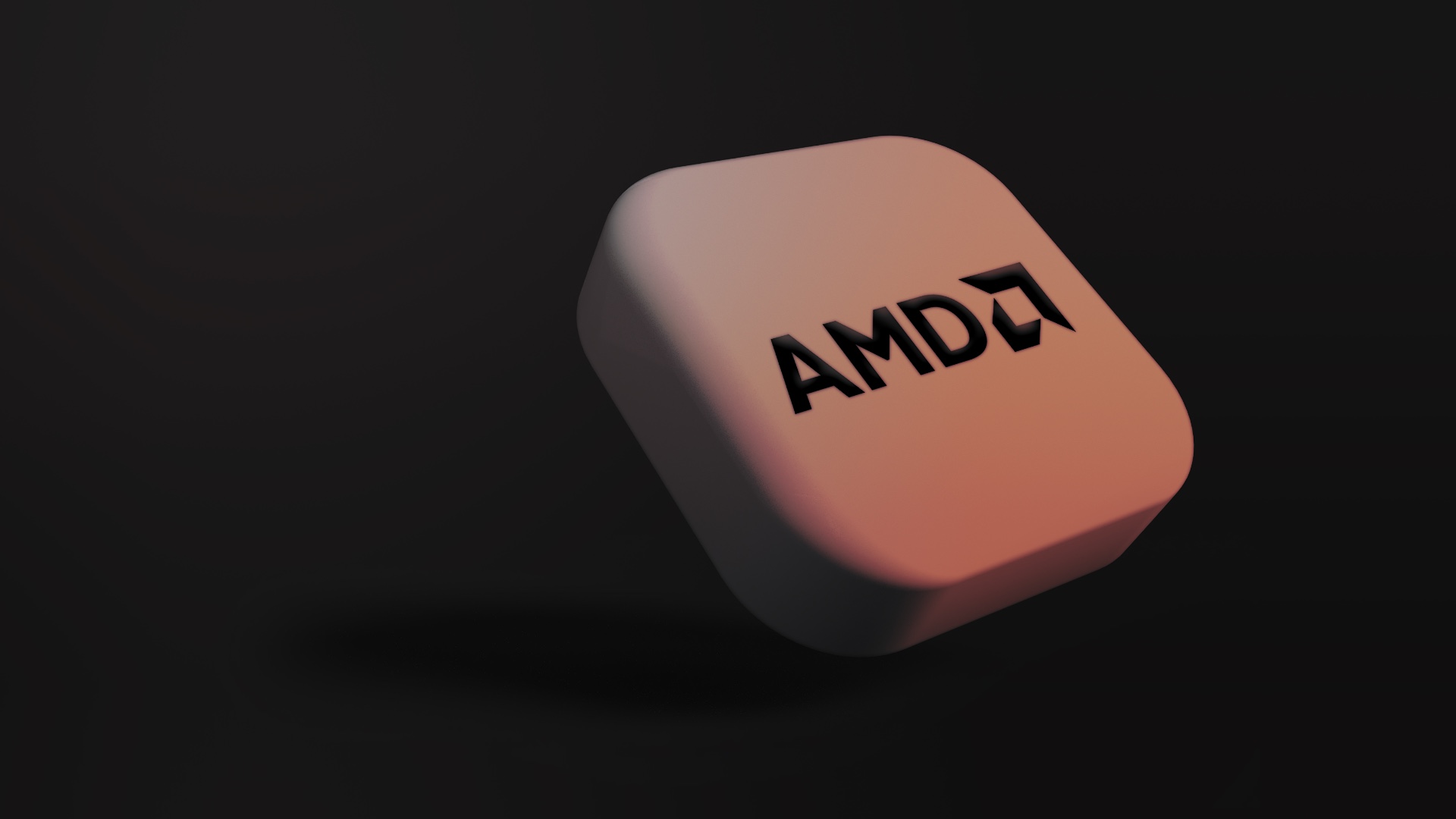Nvidia’s latest financial results highlighted the complex dynamics currently facing the AI chip market leader. On the one hand, the company beat Wall Street’s expectations; on the other, it announced lower forecasts for the next quarter due to tighter export regulations against China. This contradiction shows that Nvidia is entering a new phase of growth – less spectacular and more dependent on global politics than before.
In the first quarter of fiscal 2025, Nvidia generated USD 39.1 billion in data centre revenue, marginally below expectations (USD 39.3 billion). However, the highlight of the communication was the impact of US export restrictions on H20 chip sales, with the company estimating a $2.5bn revenue loss in Q1 and forecasting an $8bn loss in Q2. As a result, revenue for Q2 is expected to be USD 45 billion, which is below analyst consensus (USD 45.9 billion).
Markets reacted mildly – Nvidia shares were up 5% after the session – as investors expected a worse scenario. Announcements of new deals, including in the Middle East and Asia, and confirmation of an upward trend in orders for next-generation Blackwell chips also helped. Nonetheless, the pressure to diversify the sales market is becoming crucial. Being cut off from China – the second largest AI market – means Nvidia will need to commercialise its technology more quickly in regions such as the United Arab Emirates and Saudi Arabia.
In the long term, there is a question about the resilience of Nvidia’s business model. Its advantage today is based on its dominance in the AI area – but this is a rapidly maturing market, with an increasing concentration of investment in the hands of several global players(Microsoft, Google, Amazon). In addition, local chip development initiatives – both in China and Europe – will gradually reduce dependence on US manufacturers.
The conclusion? Nvidia is still unrivalled technologically, but its expansion in the coming quarters will no longer be simply a function of innovation. It will depend on its ability to manoeuvre in a world dominated by geopolitics, protectionism and increasingly selective infrastructure investment












